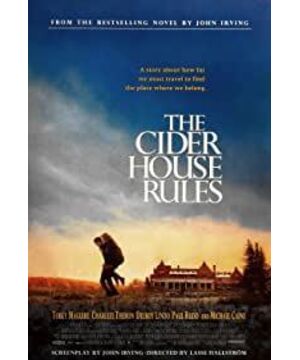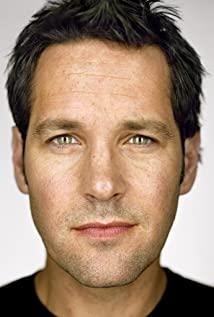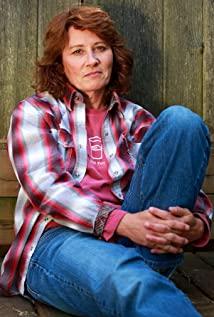What is sad is those children who are abandoned at birth, what is sad is that outdated medical equipment easily takes a small life, what is sad is when a child asks sadly: Why is no one willing to take him away. The sad thing is that their lives may be spent there all their lives, and the sad thing is that the old doctor's life was just for those children. What is angry is that adults cannot control themselves rationally, what is angry is that parents who were supposed to be responsible have disappeared, and what is resentful is still in such an environment, such an era, such an institution has not been well supported and supported. Homer is a good doctor taught by the old doctor, but he left the orphanage who wanted to go out and see the world. After the doctor died, he realized that he did not have a heart disease, but the old doctor was afraid that he would be captured and sent to serve as a soldier. Become Fitz's sick film. The father had a relationship with his daughter and finally died at the hands of his daughter. The love between the heroine and Homer was not made public. When the heroine's lover joined the army and finally returned paralyzed, everything seemed to be destined.
View more about
The Cider House Rules reviews











